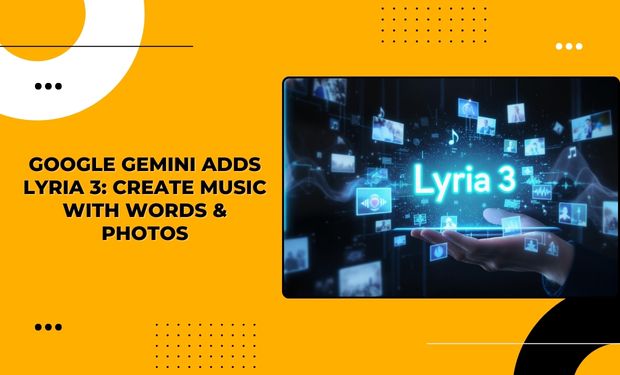Google said on Thursday that it is suspending its Gemini artificial intelligence feature, which generates images because it provides “inaccuracies” in historical images.
Social media users have been criticizing the AI tool for producing erroneous depictions of historical figures, such as the American Founding Fathers, as people of color.
Google stated that the AI feature could “generate a wide range of people” in a post on X on Wednesday. Additionally, the fact that it is used by people worldwide is usually positive.” However, it stated that the tech giant is “working to improve these kinds of depictions immediately” and that the software feature is “missing the mark here.”
Google posted an updated statement on Thursday, saying it will pause Gemini’s feature to generate images of people and will re-release an “improved” version soon.
Gemini, formerly known as Bard, released the image generator tool at the beginning of February. It is having difficulties while Google tries to overtake Microsoft-backed OpenAI.
While Google continues struggling with Gemini’s image creation, Open AI unveiled Sora, a new generative AI model last week that can generate video based on user text prompts.
Leading Google product director Jack Krawczyk stated on Wednesday that the firm’s image creation tools are a reflection of its “global user base” and that it takes “representation and bias seriously.”
In a post on X, Krawczyk stated, “We will continue to do this for open-ended prompts (images of a person walking a dog are universal!). We will adjust further to account for the nuances inherent in historical contexts.”
Gemini, Google’s most sophisticated AI model, was released at the end of 2023. Additionally, it changed the name of Bard, a rival to ChatGPT, to Gemini this month. Google also introduced a subscription service for a more potent AI model.


